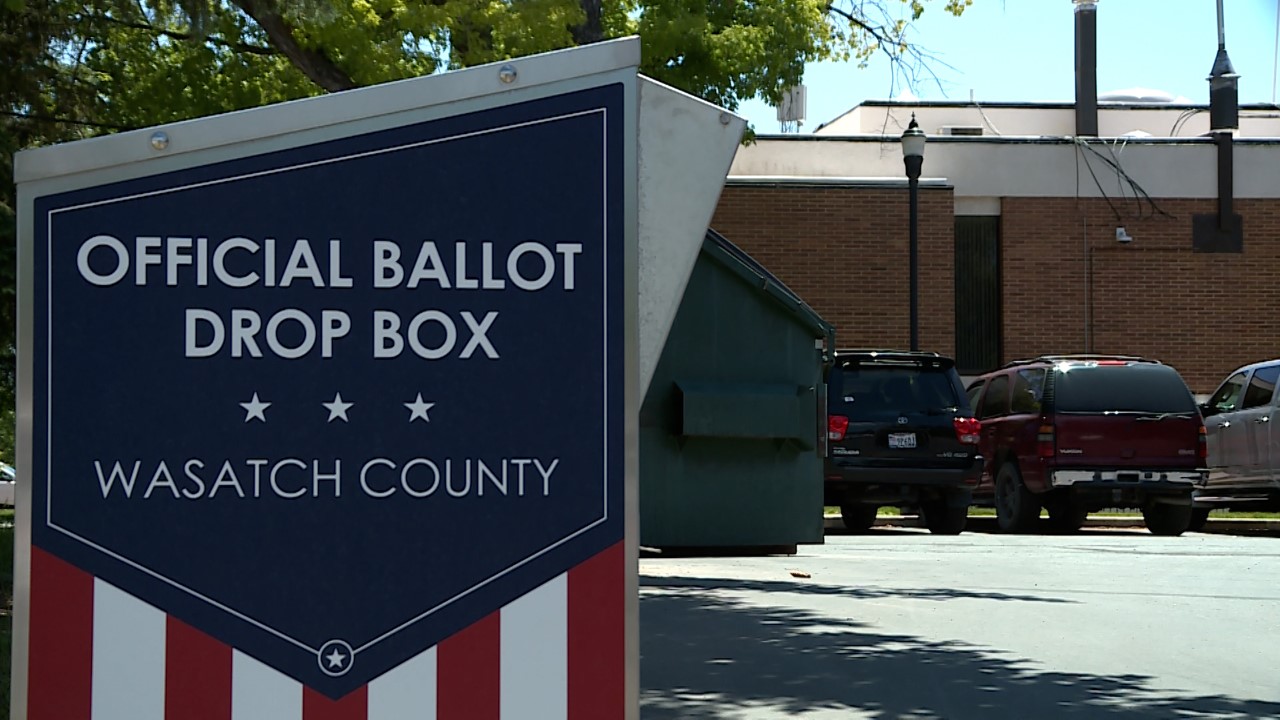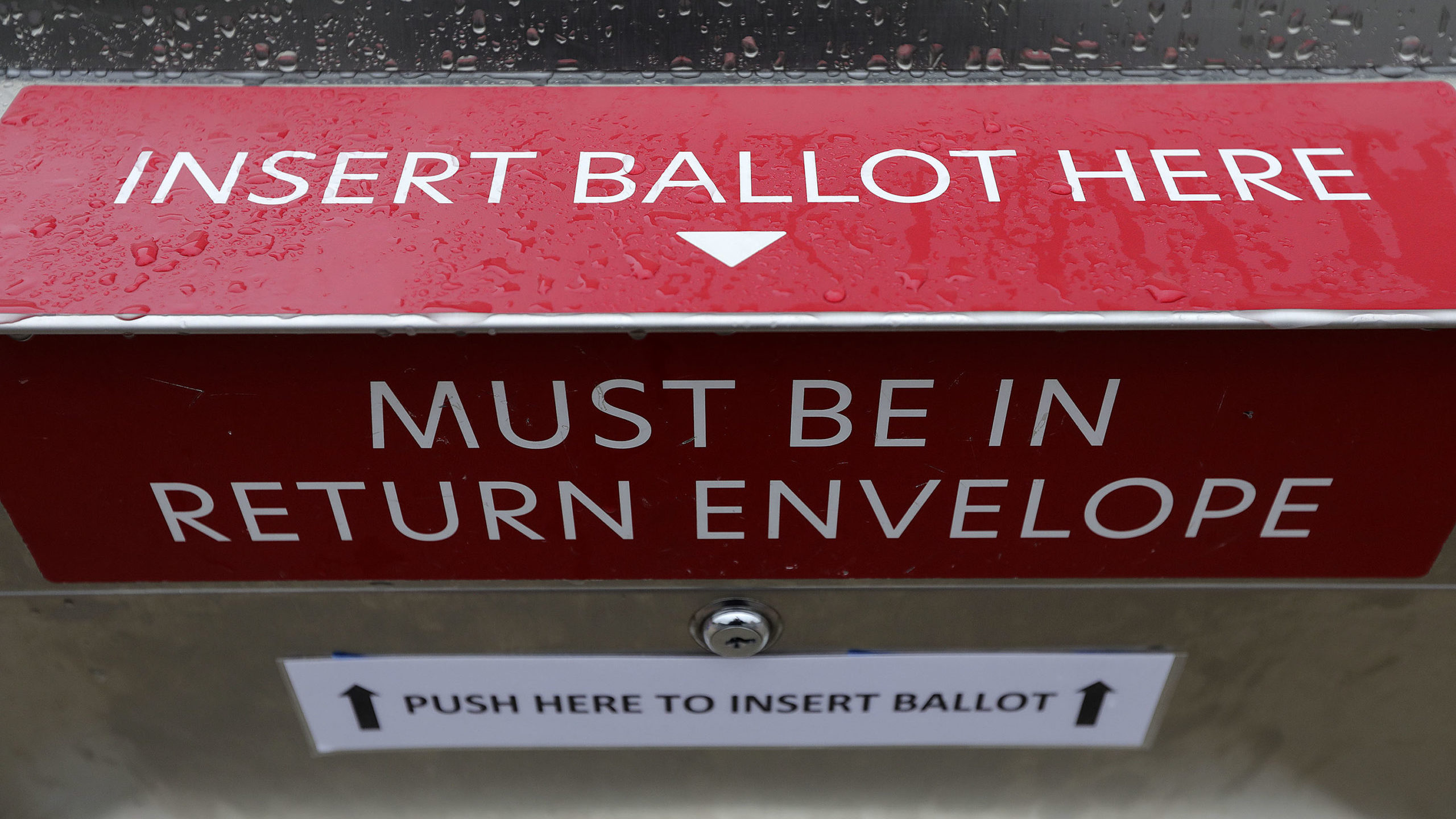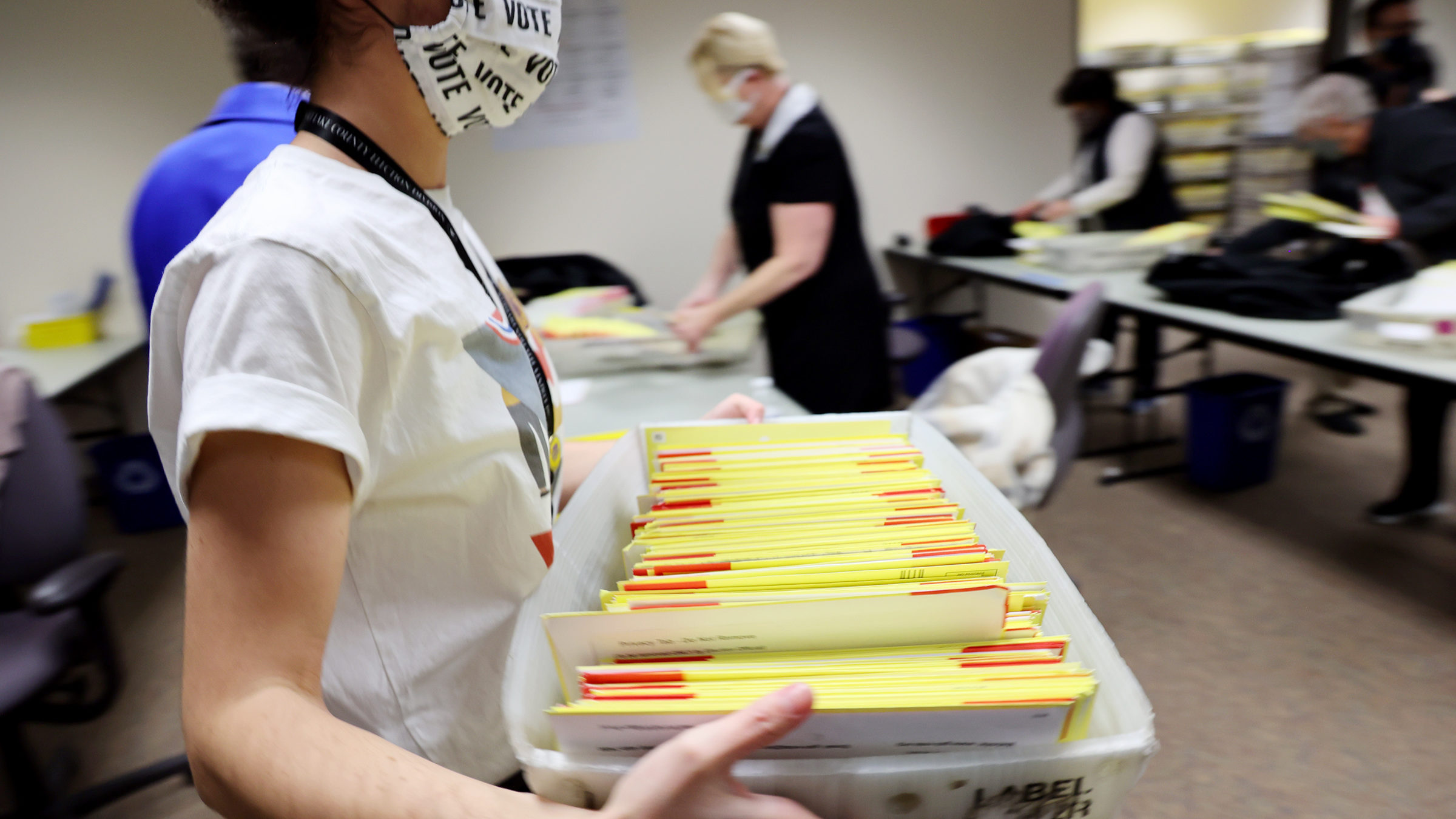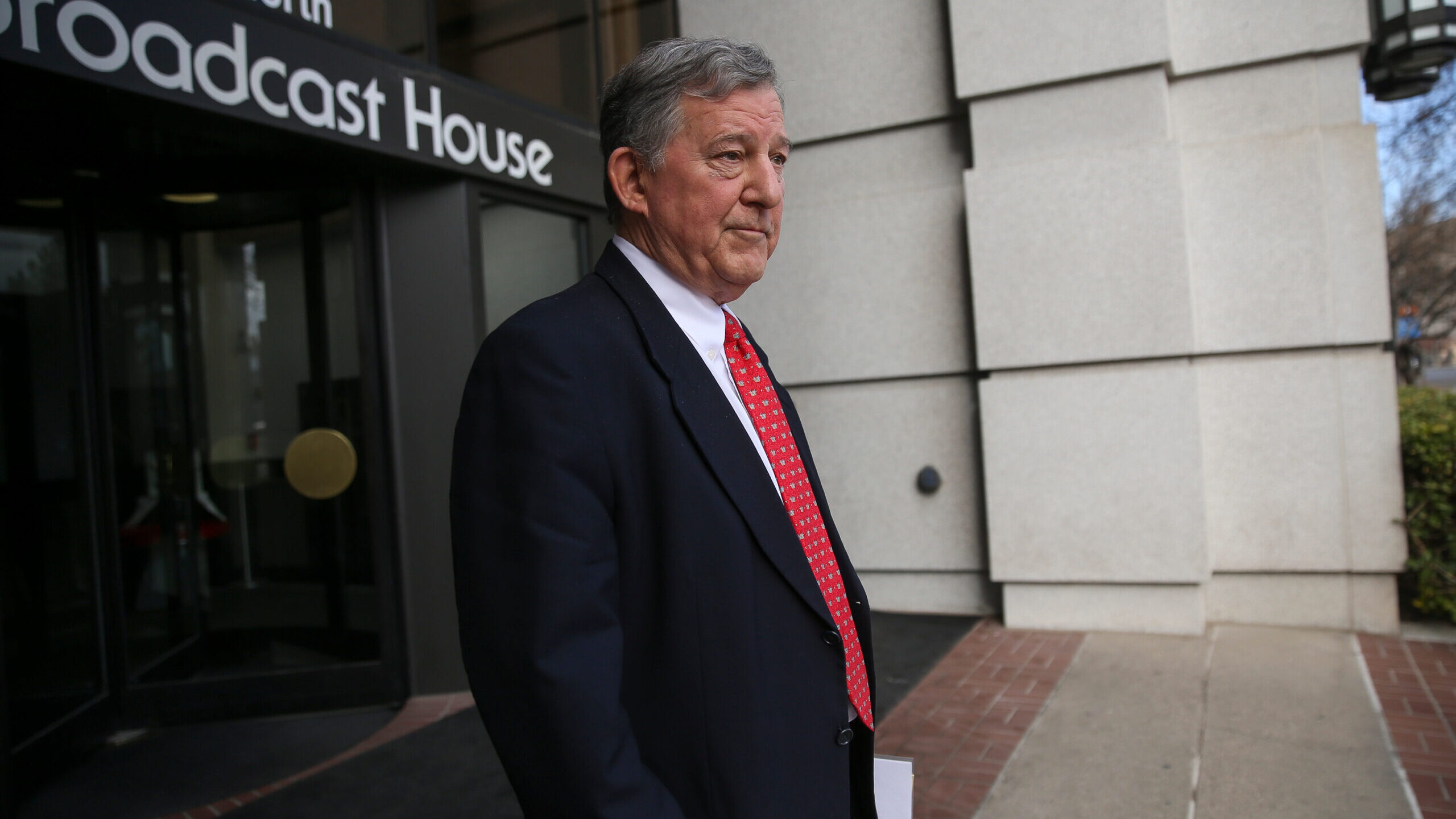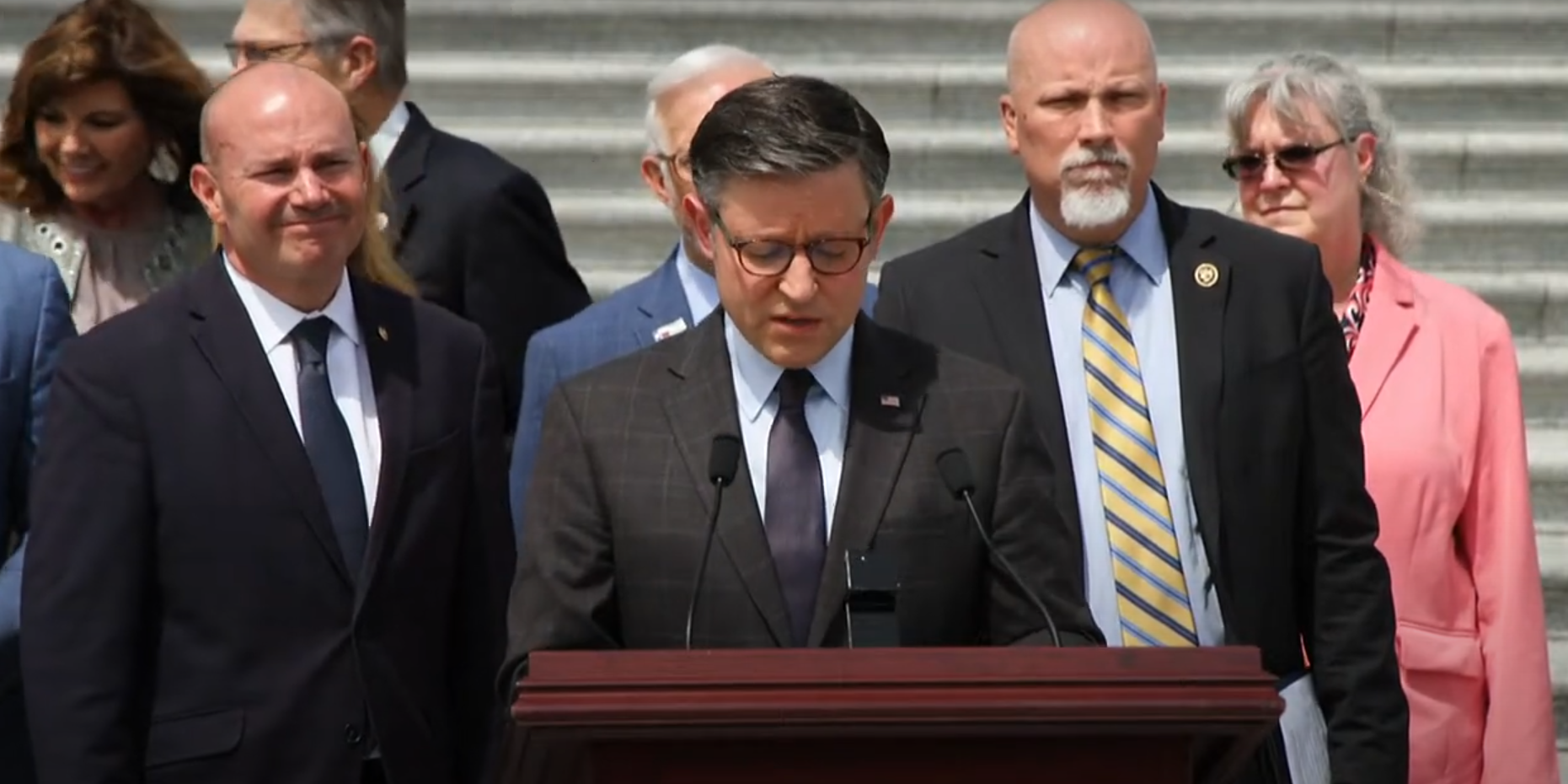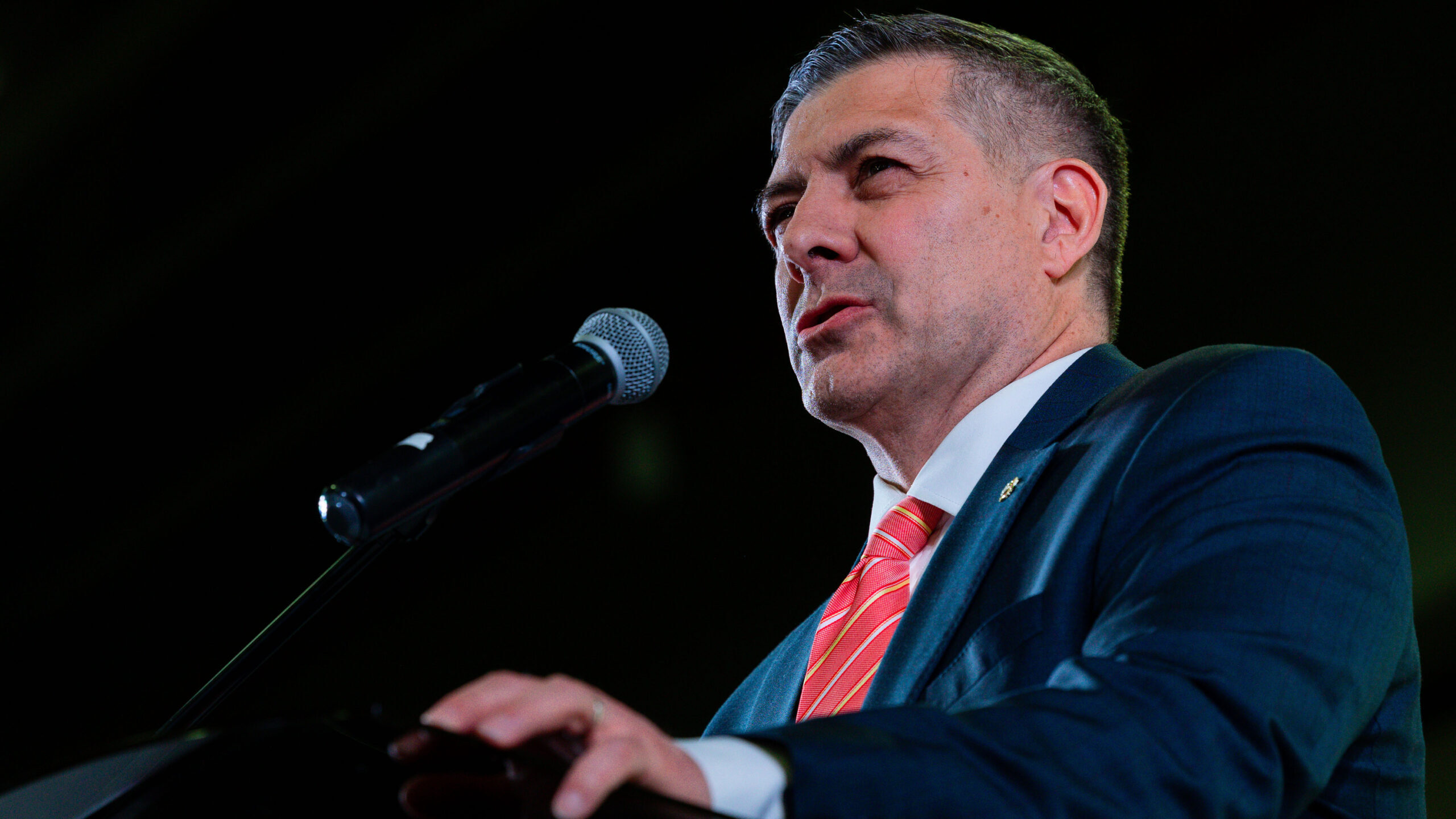Legal expert discusses Colorado court decision on Trump’s ballot eligibility
Dec 20, 2023, 6:50 AM | Updated: 1:45 pm
In case you missed the live interview, here’s the podcast featuring former DOJ spokeswoman Sarah Isgur.
SALT LAKE CITY — Pat Shea, a former constitutional law professor at the University of Utah, sat down with KSL NewsRadio to look into the Colorado Supreme Court’s decision involving former President Trump.
The Colorado Supreme Court ruled in a 4-3 decision that Trump is not eligible to appear on the state’s ballot in the 2024 election. The court’s ruling is due to allegations of his involvement in the events that happened at the United States Capital on January 6, 2021.
Shea recalled a constitutional law training from Professor Archie Cox at Harvard Law School. He said that Cox advised against involving the judiciary in politics. Despite his personal belief that the Colorado Supreme Court decided correctly, Shea acknowledged the potential for an appeal.
Trump set to appeal
“Given that three of the nine Supreme Court justices were appointed by then President Trump,” Shea said, “it will be interesting to see if they are strict constructionists, which with the word insurrection under impeachment, would allow them to cite he can’t be on the ballot.”
“One of the problems, I believe, we have with laws and lawyers these days,” Shea said, “is that they make things more complex than they need to be.”
“We need to have some way of expediting important judicial decisions rather than having them on appeal will generally take 18 to 24 months. Decisions like this that have an immediate impact on the 2024 election, need to be decided sooner rather than later,” said Shea.
Shea anticipates that more activist groups might file similar suits against Trump. Trump-supporting judges could also counter with arguments in favor of Trump’s constitutional right to run for public office.
At this time, even if he were to lose in Colorado, it might not significantly affect Trump’s overall candidacy. Colorado usually leans to the Democratic side.
In discussing the need for a fast-tracked resolution, Shea brought up Gore v. Bush. Once the Florida Supreme Court made its decision, the case went before the U.S. Supreme Court within weeks.
Shea expressed apprehension about the perceived politicization of the judicial system. He also called for a more independent judicial process as outlined in Article III of the Constitution.
Related:


